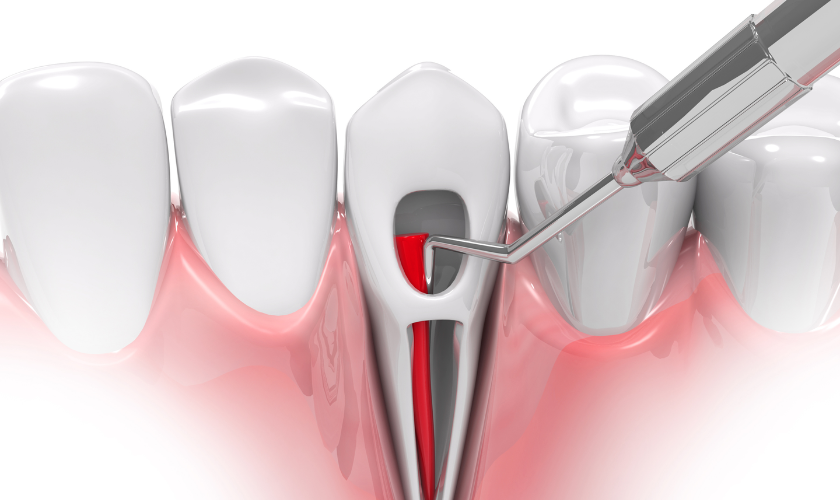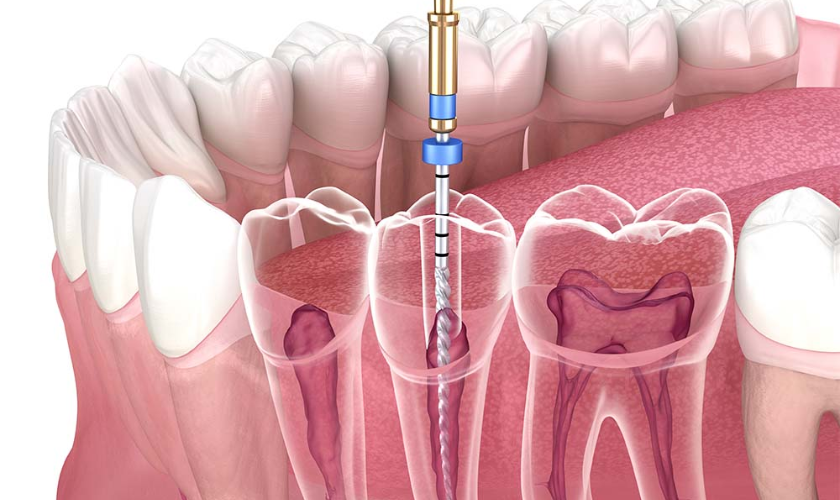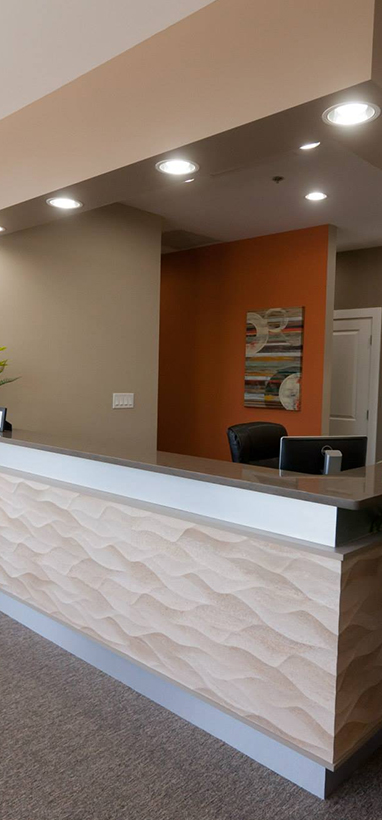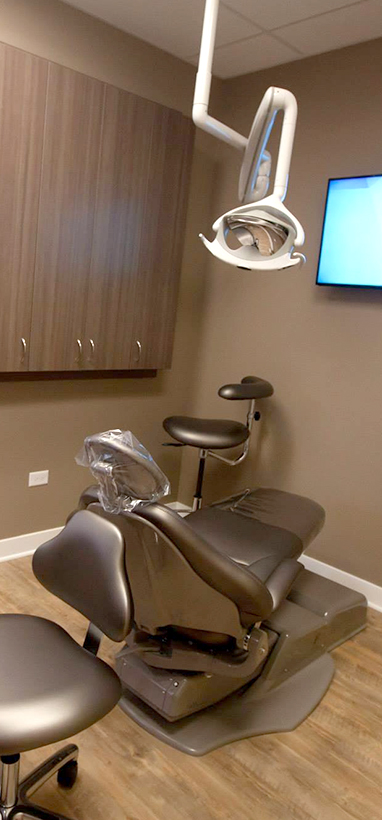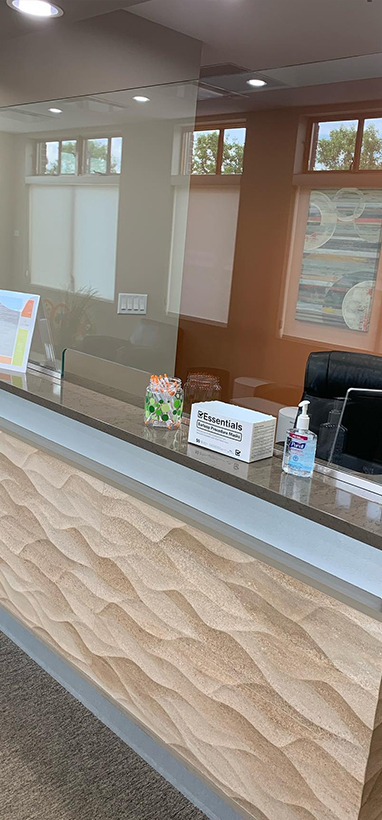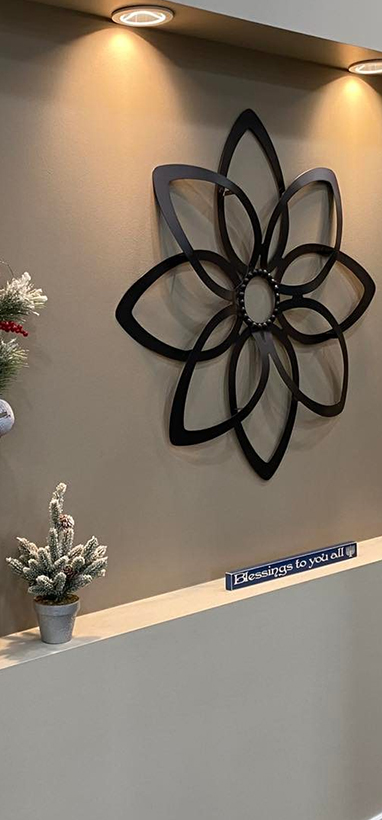1516 Legacy Cir, Naperville, IL 60563
Restoring Dental Harmony with Root Canal Therapy
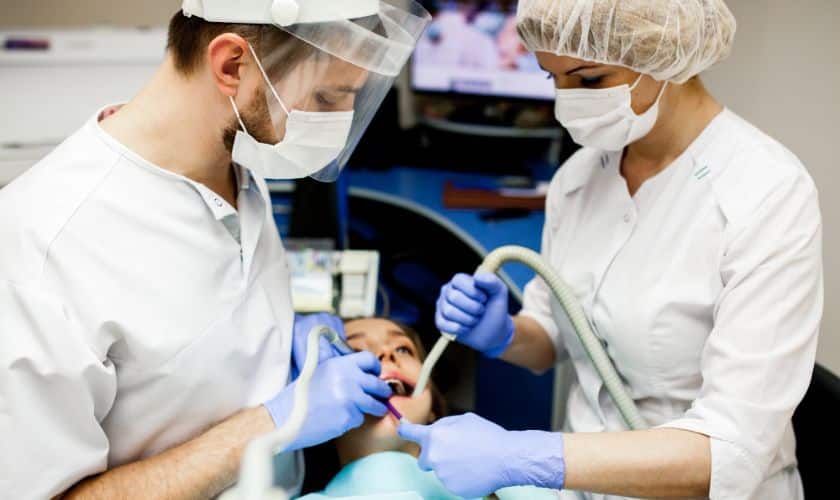
Dental health plays a crucial role in our overall well-being, and when dental issues arise, they can disrupt our daily lives and cause discomfort. Root canal therapy is a modern dental procedure that offers an effective solution to save severely damaged or infected teeth, helping to bring back the harmony in your oral health. In this blog, we will explore the significance of dental harmony, understand what root canal therapy entails, and highlight its role in preserving natural teeth and preventing further complications. If you’ve been experiencing tooth pain or discomfort, stay tuned to discover how root canal therapy can restore your dental harmony and improve your overall quality of life.
Root Canal Therapy: Overview
Root canal treatment, also known as endodontic therapy, is a dental procedure designed to save and repair a severely infected or damaged tooth. It involves removing the infected or inflamed pulp, which is the soft tissue inside the tooth, and cleaning the root canals thoroughly. Afterward, the canals are filled and sealed to prevent reinfection. Root canal treatment is necessary when the tooth’s pulp becomes infected due to deep decay, trauma, or extensive dental procedures. This procedure not only relieves pain and discomfort but also preserves the natural tooth, preventing the need for extraction. Root canal treatment allows patients to maintain a healthy smile and optimal oral function.
Types of Root Canal Therapy
There are two main types of root canal procedures:
- Conventional Root Canal: This is the most common type of root canal treatment. It involves accessing the infected tooth through a small opening, removing the infected pulp, cleaning and shaping the root canals, and then filling and sealing them with a biocompatible material. The tooth is then typically restored with a dental crown to provide strength and protection.
- Endodontic Retreatment: In some cases, a previously treated tooth may experience a re-infection or fail to heal properly. Endodontic retreatment involves reopening the tooth, removing the previous filling materials, cleaning the canals again, and then re-filling and sealing them. This procedure aims to address any persistent infection or issues with the previous root canal treatment.
It’s important to consult with a dentist in Naperville to determine the most appropriate type of root canal treatment based on the individual case.
How is Root Canal Therapy Performed?
Root canal therapy is a common dental procedure performed by Naperville dentists to save and restore severely damaged or infected teeth. If you’re experiencing tooth pain or have been diagnosed with an infected tooth, understanding the process of root canal therapy can alleviate any concerns you may have. Let’s take a closer look at how this essential dental procedure is performed:
Initial Assessment:
The first step in root canal therapy is a thorough examination by dentists in Naperville, IL. The dentist will review your dental history, perform a clinical examination, and take X-rays to assess the extent of damage or infection within the affected tooth and its surrounding structures.
Anesthesia:
Before the procedure begins, the dentist will administer local anesthesia to numb the area around the affected tooth. This ensures that you remain comfortable and pain-free throughout the treatment.
Accessing the Pulp Chamber:
Once the anesthesia has taken effect, the dentist will create a small opening in the tooth’s crown to access the pulp chamber, which houses the infected or damaged pulp.
Removing Infected Pulp:
Using specialized instruments, the dentist will carefully remove the infected or inflamed pulp from the tooth’s interior. This step is essential to eliminate the source of pain and prevent the infection from spreading further.
Cleaning and Shaping the Root Canals:
After removing the infected pulp, the dentist will clean the root canals thoroughly. They will also shape the canals to ensure optimal filling and sealing later in the process.
Medication and Temporary Filling:
To prevent reinfection and promote healing, the dentist may apply a medicated material within the cleaned root canals. A temporary filling is then placed to seal the access opening until the next appointment.
Final Filling and Restoration:
During the subsequent appointment, the dentist will remove the temporary filling and replace it with a permanent filling material. In some cases, a dental crown may be recommended to strengthen the treated tooth, especially if it is extensively damaged.
Follow-Up Care:
After root canal therapy in Naperville, IL, it is essential to maintain good oral hygiene practices and attend regular dental check-ups. This helps to ensure the treated tooth remains healthy and functional, contributing to the overall harmony of your dental health.
Recovery After the Procedure:
Root canal therapy is a dental procedure that requires proper aftercare to ensure a successful outcome and maintain the health of the treated tooth. Following these aftercare instructions will aid in the healing process and promote dental harmony:
Manage Discomfort: It is normal to experience some mild discomfort or sensitivity after the procedure. Over-the-counter pain relievers can help alleviate this discomfort. Follow the dentist’s recommendations for pain management.
Avoid Chewing on the Treated Tooth: To prevent any damage to the treated tooth or restoration, avoid chewing on the side of your mouth where the root canal was performed until the tooth has been fully restored.
Practice Good Oral Hygiene: Continue to brush and floss regularly, ensuring you maintain excellent oral hygiene. Use a soft-bristled toothbrush to avoid irritating the treated area.
Be Gentle with the Treated Tooth: Avoid putting excessive pressure on the treated tooth when brushing or flossing. Handle the tooth with care to allow it to heal properly.
Avoid Hard and Sticky Foods: Refrain from eating hard, crunchy, or sticky foods that could potentially damage the restoration or the treated tooth.
Source – Teeth Talk Girl
Benefits of Root Canal Therapy
Root canal therapy is a valuable dental procedure that offers numerous benefits, making it a preferred treatment option for saving severely damaged or infected teeth. If you’re considering root canal therapy or have been recommended this treatment by your Naperville dentist, here are some key advantages to keep in mind:
- Pain Relief: Root canal therapy provides significant pain relief for individuals suffering from severe toothaches caused by infected or damaged pulp. By removing the infected tissue and addressing the underlying issue, the procedure alleviates discomfort and restores dental harmony.
- Tooth Preservation: One of the most significant benefits of root canal therapy is its ability to save natural teeth from extraction. Preserving your natural teeth is vital for maintaining proper chewing function and preventing problems like shifting teeth or misalignment.
- Improved Oral Health: Root canal therapy eliminates infection and prevents it from spreading to other teeth and surrounding tissues. By restoring the health of the affected tooth, the procedure contributes to overall oral health and reduces the risk of further complications.
- Natural Appearance: Root canal therapy helps maintain the natural appearance of the tooth, avoiding the need for extraction and the potential gaps or changes in facial structure that may arise from tooth loss.
- Overall Oral Health: By eliminating infection and preserving the natural tooth, root canal therapy promotes long-term oral health, preventing the spread of infection to surrounding teeth and reducing the need for more extensive dental treatments.
FAQS about Root Canal
A root canal is a standard dental practice to save an infected or decaying tooth. However, it is natural for anyone needing one to have questions and queries about the process. Here are some frequently asked questions regarding root canals:
1. Is a root canal painful?
The procedure should not be painful as you will receive local anesthesia before the treatment begins.
2. How long does the process take?
On average, a root canal takes 60-90 minutes to complete, but it may vary depending on your case.
3. What happens after the procedure?
You may experience discomfort that can be managed with over-the-counter pain relievers like ibuprofen. It would be best to stop eating hard foods until your dentist gives you clearance.
4. Will my tooth look different after a root canal?
Your tooth may appear darker than surrounding teeth due to alters in the structure of the tooth, but this can easily be fixed with cosmetic dentistry procedures like veneers or crowns.
5. Can I still get cavities after a root canal?
Yes, even though there won’t be any nerves left in your treated tooth, you must maintain good oral hygiene because bacteria could enter through small cracks and cause another infection or cavity later on.
It’s advisable to consult your dentist if you have any further concerns regarding root canals!
Maintaining dental harmony is of utmost importance for a healthy and fulfilling life. Root canal therapy emerges as a powerful ally in restoring dental harmony, alleviating pain, and preventing further dental complications. By choosing a skilled and experienced dentist for root canal therapy, such as those available in Naperville you can ensure the best possible outcome for your dental health. Remember, preserving your natural teeth is key to maintaining dental harmony, preventing misalignments and other problems associated with tooth loss. Don’t let dental issues affect your daily life and confidence. Embrace the benefits of root canal therapy, and take the first step towards a harmonious and radiant smile today!




